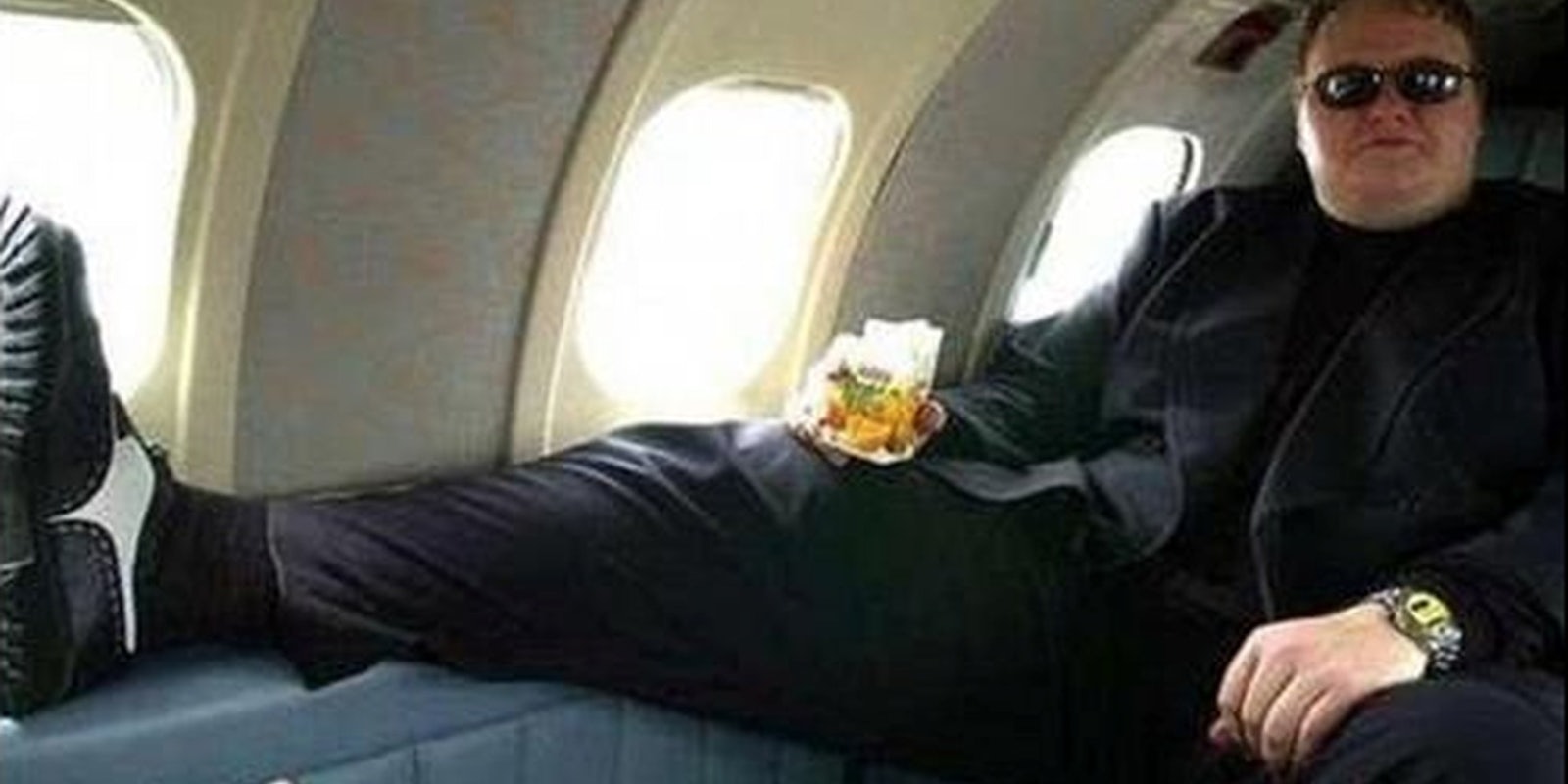A New Zealand court has granted embattled MegaUpload founder Kim Dotcom three basic human rights while out on bail awaiting a United States trial for racketeering, copyright infringement, and money laundering charges, Torrentfreak has reported.
The eccentric Dotcom has obtained access to the Internet and can now use the swimming pool in his mansion to alleviate his back pain. An aspiring musician, Dotcom may also travel to Auckland twice a week to finish work on an album that he’d been working prior to his January arrest.
Dotcom, 38, was arrested on Jan. 20 by the New Zealand government after United States authorities seized control of MegaUpload, a cyberlocker site that allows users to store files that other individuals can then download via a URL. The site is ostensibly legal and purely for storage purposes, though the indictment brought against him stated that the site was a facility for money laundering and copyright infringement.
Dotcom was released on bail on Feb. 22, but his freedom came with a number of stringent restrictions. Among them, Dotcom was forbidden from landing helicopters on his property, had to give police 24 hours notice before he left his home, and was not allowed to travel more than 80 kilometers from his primary residence.
Speaking before a North Shore District Court on Monday, Dotcom’s legal team requested that their client receive Internet access so that he could properly mount his defense in the U.S. trial. (At his bail hearing in February, Dotcom’s lawyer Paul Davison argued that restricting Internet access was “like saying he shouldn’t have access to a telephone, it’s such a fundamental means of communication.”)
Obtaining permission to work on his album—which Dotcom has tried to justify as an exercise of his fundamental right to generate revenue however he can—proved slightly more difficult. The prosecution immediately objected to the request, saying that it was unlikely to achieve commercial success. After hearing arguments, the court ruled that Dotcom had behaved properly while on bail and could resume operations in Auckland’s Roundhead Studios.
Dotcom’s aspiration of profiting off album sales is an ironic one. As the CEO of one of the largest cyberlocker sites on the Internet, Dotcom was largely responsible for facilitating the cost-free sharing of over $500 million in online content, a legitimate portion of which came at the expense of musicians whose materials were being illegally uploaded onto the site and transferred from one party to another.
Photo via Facebook


